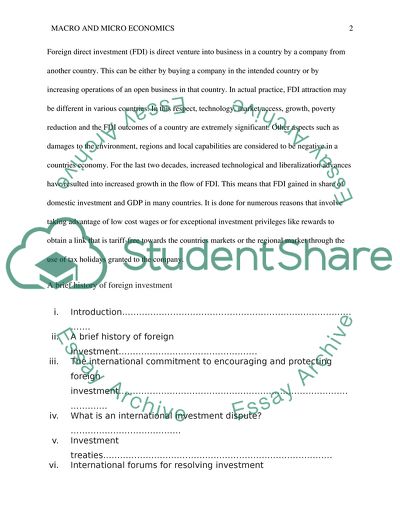Cite this document
(“Foreign Investment Disputes Research Paper Example | Topics and Well Written Essays - 4000 words”, n.d.)
Foreign Investment Disputes Research Paper Example | Topics and Well Written Essays - 4000 words. Retrieved from https://studentshare.org/law/1642226-foreign-investment-disputes
Foreign Investment Disputes Research Paper Example | Topics and Well Written Essays - 4000 words. Retrieved from https://studentshare.org/law/1642226-foreign-investment-disputes
(Foreign Investment Disputes Research Paper Example | Topics and Well Written Essays - 4000 Words)
Foreign Investment Disputes Research Paper Example | Topics and Well Written Essays - 4000 Words. https://studentshare.org/law/1642226-foreign-investment-disputes.
Foreign Investment Disputes Research Paper Example | Topics and Well Written Essays - 4000 Words. https://studentshare.org/law/1642226-foreign-investment-disputes.
“Foreign Investment Disputes Research Paper Example | Topics and Well Written Essays - 4000 Words”, n.d. https://studentshare.org/law/1642226-foreign-investment-disputes.


